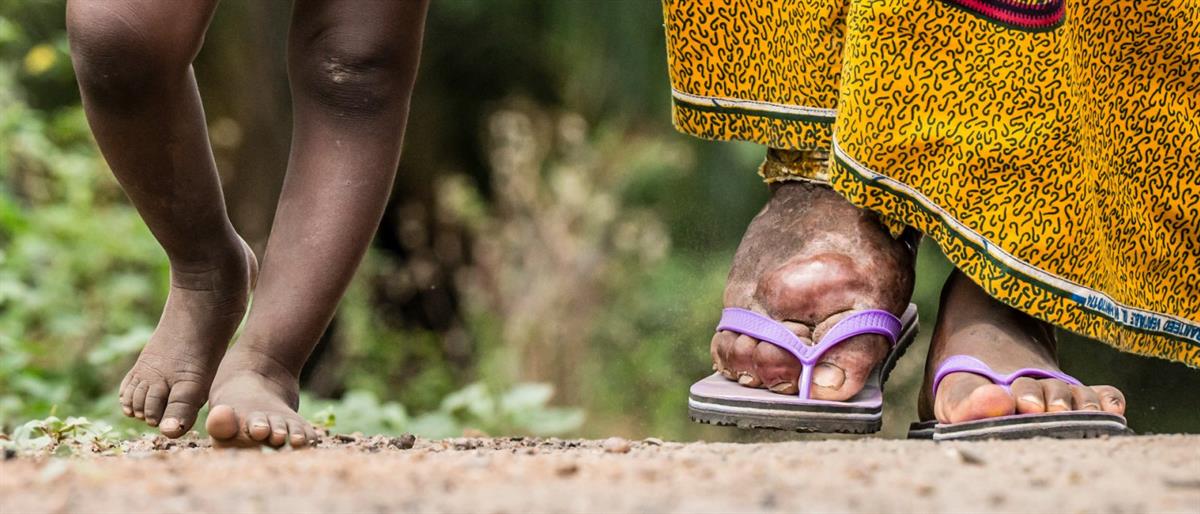,Kathmandu, Mar. 13: The government has extended the time for mass drug administration against elephantiasis. The mass drug administration campaign was started from February 23 in 15 districts across the nation.
Dr. Chuman Lal Das, Director at Epidemiology and Disease Control Division under the Department of Health Services, said that the period of drug administration against elephantiasis has been extended for five more days. He said that medicines would be provided against elephantiasis disease in these districts till March 15.
According to Dr. Das, medicines are being administered against elephantiasis in Morang, Mahottari, Jhapa, Dhanusha, Sarlahi, Rasuwa, Rautahat, Bara, Kapilvastu, Parbat, Baglung, Lamjung, Kailali, Banke and Dang districts.
Medicines against elephantiasis are administered at ward offices, health institutions, community buildings, schools and religious places, among others, under the supervision of health workers.
Dr. Das said that the trained health workers would be given medicines at ward offices, health institutions, community buildings, schools, cooperatives and religious places.
Meanwhile, according to our Nepalgunj correspondent, the campaign to provide medicines against elephantiasis in Nepalgunj Sub-Metropolitan City has not been successful as per the target. This is the 13th time that the campaign has been launched after many people did not take medicines despite campaigning for 12 times.
According to the Health Division of the sub-metropolis, the campaign to administer medicines against elephantiasis, which was started for the 13th time with the goal of 100 per cent coverage, has been extended by 15 days as there is not even 50 per cent coverage.
Ram Bahadur Chand, Chief of the Health Division, said that only 48 per cent of the people in the sub-metropolis have taken medicines so far under the campaign.
Stating that the general drug administration campaign which is scheduled to be conducted till mid-March, has been extended till March 30, he said that the aim was to increase the coverage to more than 80 per cent during this period.
According to the Health Division, it has been decided to further strengthen the campaign in a strategic way with the initiative and participation of the people’s representatives of the respective wards.
Prashant Bista, Mayor of Nepalgunj Sub-Metropolitan City said that there was no alternative but to move ahead with the strategy of increasing the coverage even by extending it for some time.
According to the Health Division, less than 30 per cent people in wards 3, 5, 7, 8, 11 and 16 have taken medicines. Similarly, wards 2, 4, 6, 12, 19, 20, 21 and 22 have less than 50 per cent coverage.
Durga Gautam, focal person for elephantiasis at the Health Office, Banke, said that it was a challenge to increase the coverage as only 48 per cent of the population in Nepalgunj sub-metropolis had taken medicines.
She said that some wards have very low coverage and these wards are at high risk. Gyanendra Kumar Chaudhary, coordinator of district-level vaccination coordination committee and chief of district coordination committee said that it was the common responsibility of all to make the common medicine intake programme a success as Nepalgunj has very low coverage compared to other municipalities of the district.




COMMENTS